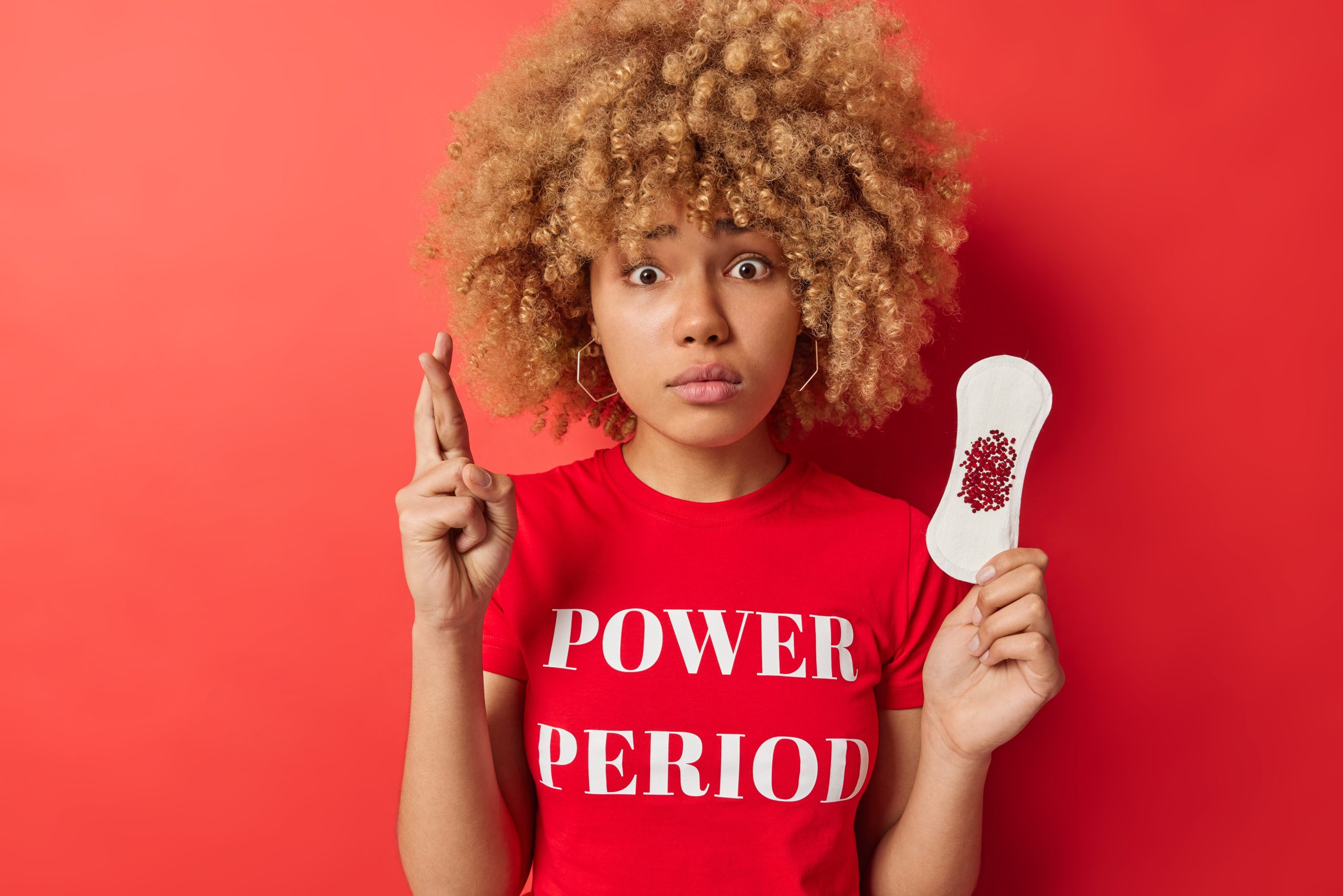Period shame, the feeling of embarrassment, secrecy, or stigma associated with menstruation, continues to affect millions of girls and women worldwide. This pervasive cultural taboo not only perpetuates negative attitudes towards menstruation but also hinders access to menstrual health resources and education. In this article, we delve into the phenomenon of period shame, its impacts on menstrual health, and strategies for challenging stigma and promoting menstrual health.
1. Understanding Period Shame:
Period shame stems from cultural norms, social expectations, and misinformation surrounding menstruation. From a young age, girls may internalize messages that menstruation is dirty, shameful, or something to be hidden. This stigma often leads to feelings of embarrassment, secrecy, and discomfort surrounding menstruation, making it difficult for girls and women to openly discuss their experiences or seek support.
2. Impacts on Menstrual Health:
Period shame has significant implications for menstrual health and well-being. When girls feel ashamed or embarrassed about their periods, they may avoid discussing menstruation with peers, parents, or healthcare providers, leading to misinformation, confusion, and anxiety. This lack of communication and support can contribute to poor menstrual hygiene practices, increased risk of infections, and negative attitudes towards menstruation.
3. Challenging Stigma Through Education:
Comprehensive menstrual health education plays a crucial role in challenging period shame and promoting positive attitudes towards menstruation. By providing accurate information about the menstrual cycle, anatomy, hygiene practices, and emotional well-being, education empowers girls to understand and embrace menstruation as a natural and normal aspect of womanhood. Open and honest discussions about menstruation in schools, communities, and families help break the silence surrounding periods and promote acceptance and support.
4. Advocating for Menstrual Equity:
Advocacy efforts are essential for challenging period shame and promoting menstrual equity. Organizations such as Period Equity and Menstrual Hygiene Day advocate for policy changes, investments in menstrual health infrastructure, and the elimination of taxes on menstrual products. By
raising awareness about the impact of period shame and mobilizing support for menstrual equity, advocacy initiatives work to create a more inclusive and supportive environment for girls and women.
5. Empowering Girls to Speak Out:
Empowering girls to speak out against period shame is essential for challenging stigma and promoting menstrual health. Girls should be encouraged to share their experiences, ask questions, and advocate for their rights and well-being. Peer support groups, mentorship programs, and online communities provide platforms for girls to connect, share stories, and support each other in challenging period shame and promoting menstrual health.
6. Creating Inclusive Spaces:
Creating inclusive spaces where menstruation is celebrated, not stigmatized, is crucial for challenging period shame. Schools, workplaces, and public spaces should provide access to menstrual products, hygiene facilities, and education materials. Additionally, efforts should be made to promote gender-responsive and inclusive policies and practices that address the diverse needs and experiences of all menstruators, regardless of gender identity or expression.
Period shame perpetuates negative attitudes towards menstruation and hinders access to menstrual health resources and education. By challenging stigma, promoting education, advocating for menstrual equity, empowering girls to speak out, and creating inclusive spaces, we can work towards a world where menstruation is celebrated, not stigmatized, and where every girl and woman can manage her period with dignity, confidence, and pride. It is imperative that we prioritize efforts to challenge period shame and promote menstrual health as a fundamental aspect of girls’ and women’s rights and well-being.
- Trapped in Fear: Child Marriage and the Shadow of Domestic Violence in Northern Nigeria - August 6, 2024
- The Power of Media Representation - May 23, 2024
- Game On: Unleashing the Power of Sports for Girls’ Empowerment - May 23, 2024





